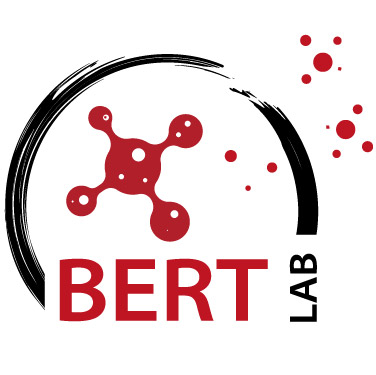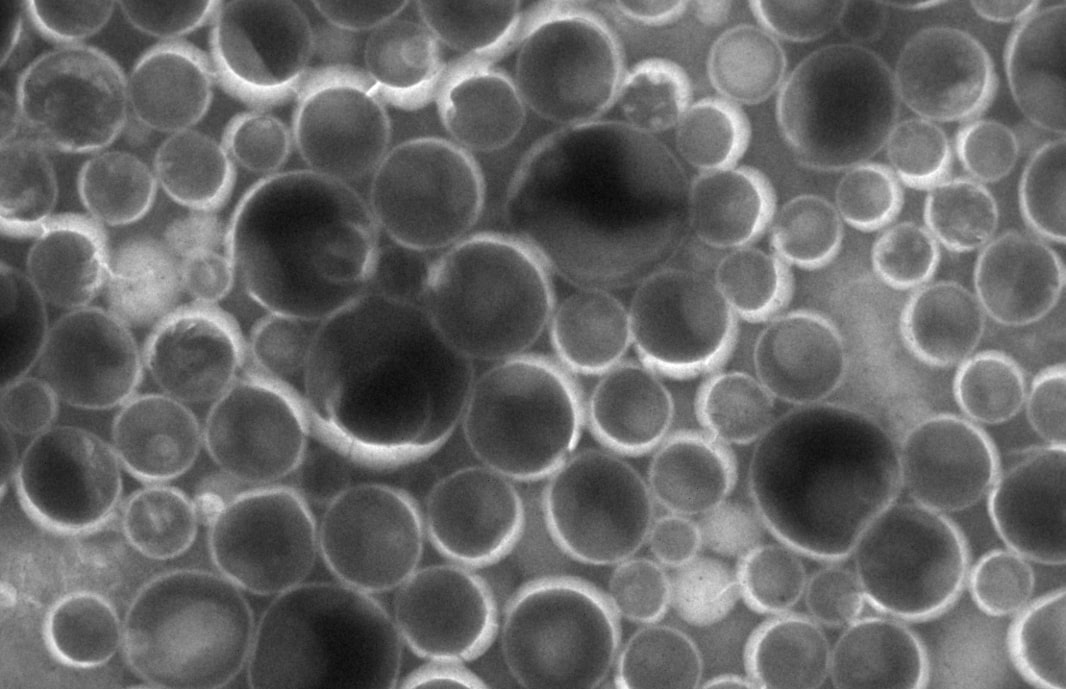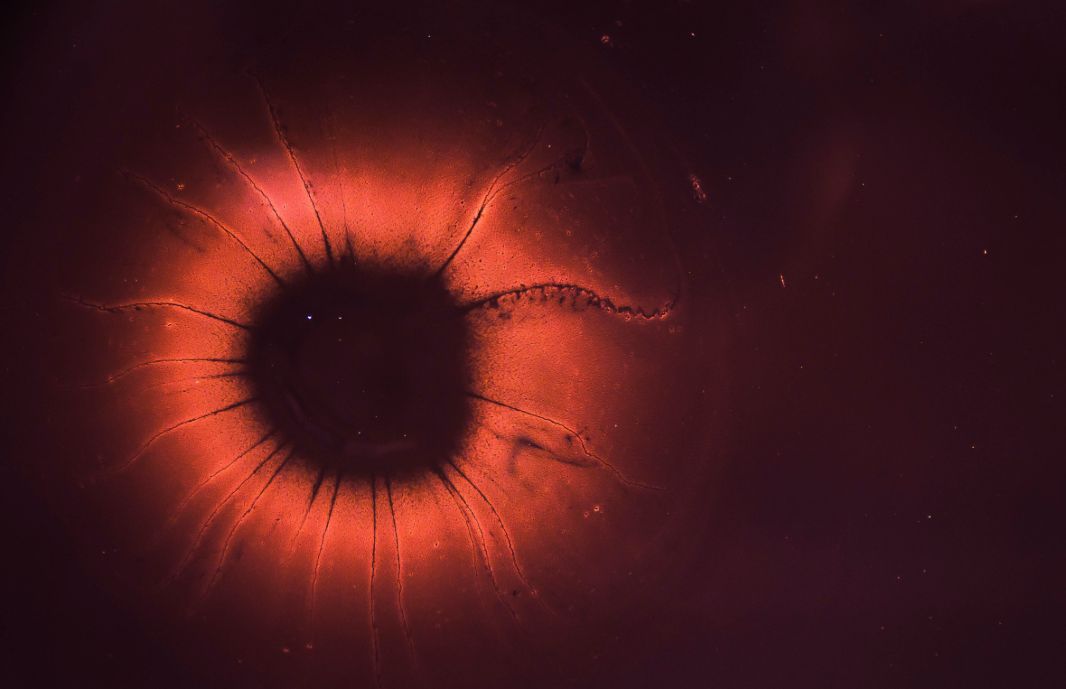Vaccin & antibiotics resistance
Bacteria-derived nanovesicles, mimicking outer membrane vesicles (OMVs) or membrane vesicles (MVs) from gram-negative and gram-positive bacteria, respectively, hold promise as drug carriers or vaccine. These vesicles, naturally released by bacteria for communication or pathway activation, present an enticing avenue for therapeutic delivery. Yet, extracting naturally produced OMVs presents challenges such as low yield despite ample raw material and a labor-intensive process.
In response, our lab has devised a protocol inspired by methods for producing biomimetic exosomes from mammalian cells. This protocol has been tailored to meet the specific requirements of bacteria. The resulting vesicles demonstrate promising characteristics, including the retention of essential proteins and a shape and function akin to naturally secreted vesicles.
These vesicles show considerable promise not only in the vaccine field but also in cancer and inflammatory bowel disease (IBD) research. Additionally, they are being explored for their potential in antimicrobial contexts, particularly with methicillin-resistant Staphylococcus aureus (MRS). Our research highlights the transformative potential of utilizing bacteria-derived nanovesicles as versatile carriers or stimulating molecules across these diverse applications.




